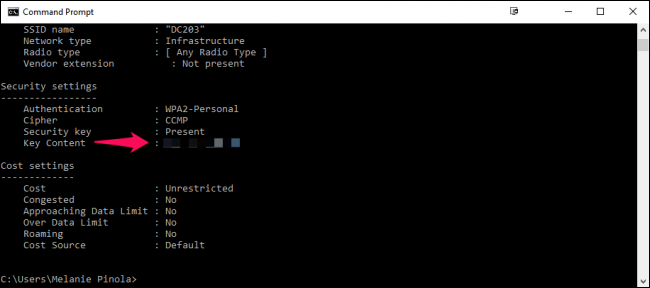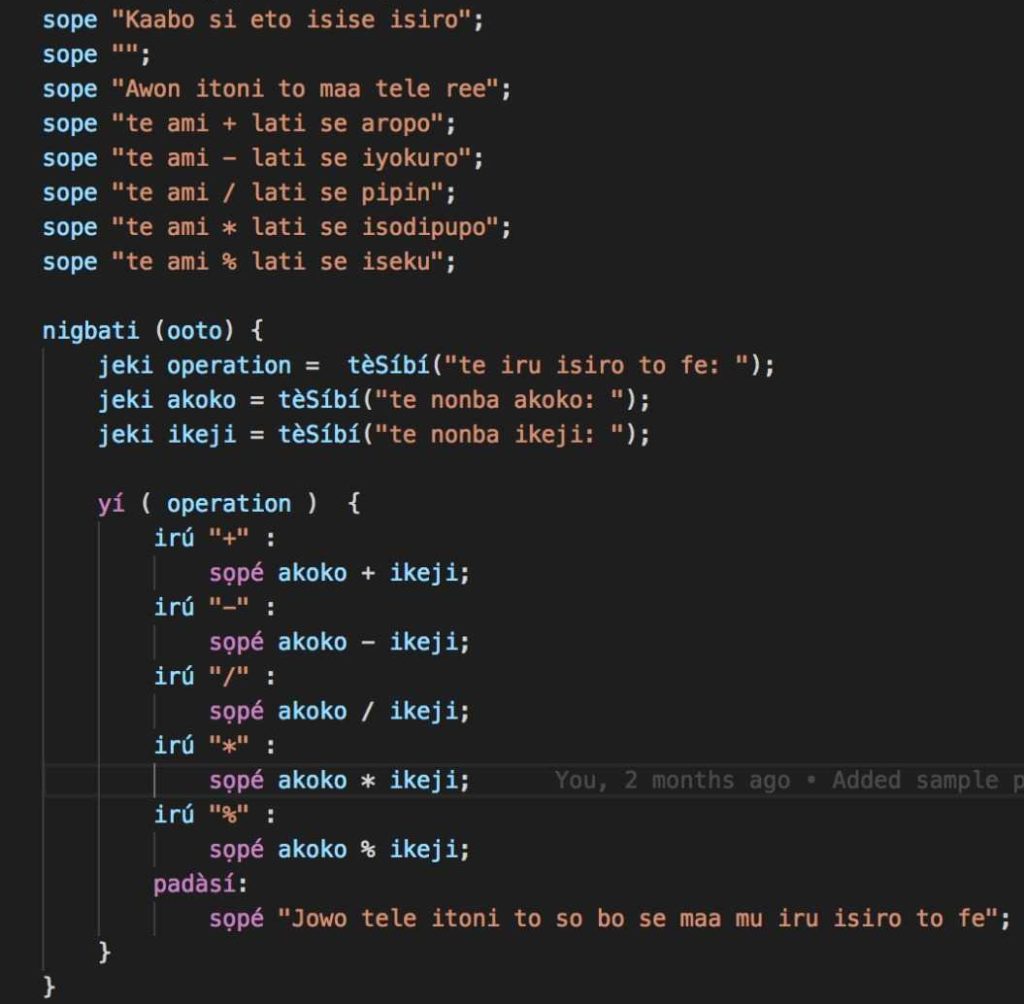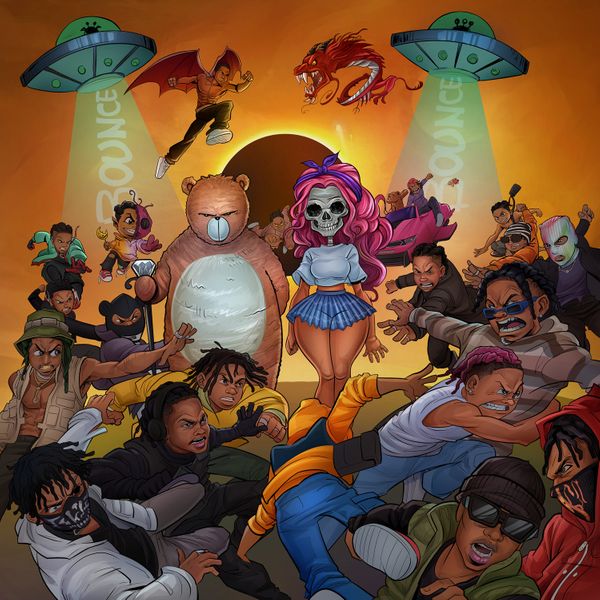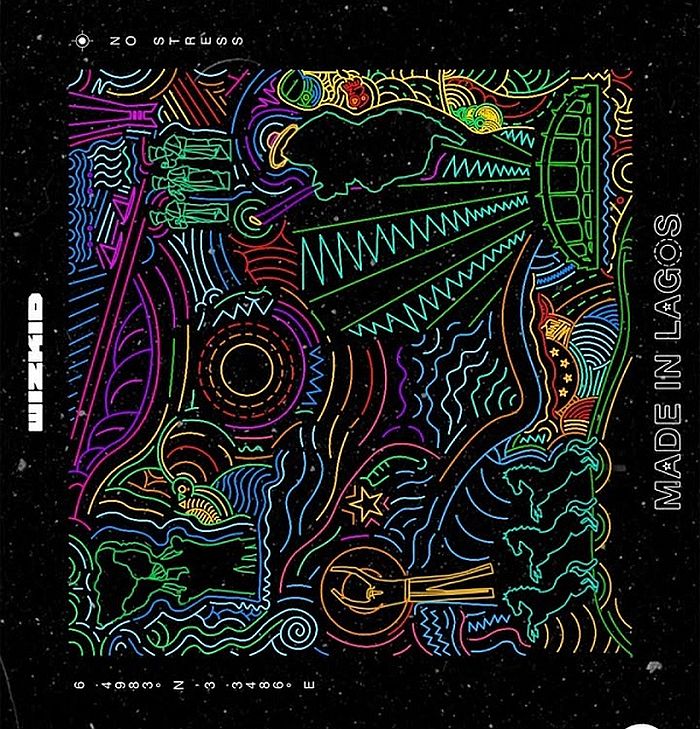19 Types of Developers Explained
Posted by E.L.E.X on February 20 2019 under Tech/Cybersecurity


The software development landscape changes constantly. New areas of specialization, technologies, and methodologies pop into existence every few months, forged by the relentless innovation of the software industry. With it, terms to describe specialized types of developers become part of the unofficial industry lingo and show up in job ads and corporate titles.
Before the existence of the internet, many of these specializations didn’t exist. The world wide web has shifted most aspects of our lives, including revolutionizing the career paths of software engineers.
There isn’t an official industry glossary of terms. Understanding the skills that each type of developer needs to have is confusing to newcomers, and can be intimidating to non-technical people.
In this post, I define 19 of the most common types of developers with a short description and list of technologies they use and the skills they must have. The definitions of those terms reflect my professional understanding, but it may vary depending on the company, the region, or the industry.
1 – Front-end Developer (AKA Client-Side Developer)
This is a developer who specializes in the programming of visual user interfaces, including its aesthetics and layouts. A front-end developer code runs on a web browser, on the computer of the user of the site.It is very high-level work, normally far removed from the hardware. It requires an understanding of human-machine interaction and design principles more than computer science theory. Much of a front-end developer’s life is spent dealing with cross-browser compatibility issues and tweaking details of the visual presentation of a UI.
Front-end development skills include the design of user interface (UI) and user experience (UX), CSS, JavaScript, HTML, and a growing collection of UI frameworks.
2 – Backend Developer (AKA Server-Side Developer)
This is a developer who specializes in the design, implementation, functional core logic, performance and scalability of a piece of software or system running on machines that are remote from the end-user.Back-end systems can grow to be very complex, but their complexity is often not visible to the users. For example, consider the Google search engine. The front-end part is a very simple UI with a title, a text box, and two or three buttons. The backend is an enormously complex system, able to crawl the web, index it, and find what you are looking for with a growing array of sophisticated mechanisms.
A back-end developer works with programming languages such as Java, C, C++, Ruby, Perl, Python, Scala, Go, etc. Back-end developers often need to integrate with a vast array of services such as databases, data storage systems, caching systems, logging systems, email systems, etc.
3 – Full-stack Developer
This is a developer that does both front-end and back-end work. He or she has the skills required to create a fully functional web application.4 – Middle-Tier Developer
This is a developer who writes non-UI code that runs in a browser and often talking to non-core code running on a server. In general, the middle tier is the “plumbing” of a system.The term middle-tier developer is used to describe someone who is not specialized in the front-end or the back-end but can do a bit of both, without being a full stack developer. Only rarely engineers have this as a title, as it is more of a description of a skill set than a career path.
5 – Web Developer
Web developers are software engineers who specialize in creating websites. They are either front-end developers, back-end developers, middle-tier developers or full-stack developers.Web-Development became a very common way to enter the software engineering world in the late ‘90s and early 2000s. It has a low entry-point, requiring as little as basic HTML and CSS knowledge. With only a few months of experience, an entry-level web developer can start producing code that ships to production systems. It is a particularly attractive option for people who have no CS fundamentals and want to join the programming world.
6 – Desktop Developer
This is a developer who works on software applications that run natively on desktop operating systems (such as Mac OS, Windows, and Linux).Back in the ’80s, this was one of the most common types of engineers, popularized by inexpensive development environments such as Turbo Pascal, Turbo C, Visual Basic, Quick C, Visual Studio, and Delphi.
Desktop developers often use GUI Toolkits such as Cocoa, XAML, WinForms, Gtk, etc
7 – Mobile Developer
This is a developer who writes code for applications that run natively on consumer mobile devices such as smartphones and tablets. Mobile development was almost unheard of before the early 2000s and the explosion of the smartphone market. Before then mobile development was considered a subset of embedded development.A mobile developer understands the intricacies of mobile operating systems such as iOS and Android, and the development environment and frameworks used to write software on those operating systems. That includes Java, Swift, and Objective-C.
8 – Graphics Developer
This is a type of developer specialized in writing software for rendering, lighting, shadowing, shading, culling, and management of scenes. These developers are often responsible for integrating technologies in the gaming and video production industry.Graphics development used to be a form of low-level development, requiring advanced math and computer science training. It is becoming more accessible with the introduction of commercial and open source frameworks and systems. For example, very few people today need to be able to write a shader from scratch.
Frameworks include DirectX, OpenGL, Unity 3D, WebGL. For more advanced graphics developers, low-level development requires C, C++, and Assembly.
9 – Game Developer
This is a generic term to identify a developer specialized in writing games. Game developers can fall into one of the other categories of developers, but they often have specific knowledge and skills in designing and implementing engaging and interactive gaming experiences.Frameworks used by game developers include DirectX, OpenGL, Unity 3D, WebGL, and languages such as C, C++, and Java. Adobe Flash used to be the standard gaming platform for web games. Since Flash is being abandoned, JavaScript and HTML5 became the new standard. On mobile devices, Swift and Java are now the technologies of choice for iOS and Android games.
10 – Data Scientist
This type of developer writes software programs to analyze data sets. They are often in charge of statistical analysis, machine learning, data visualization, and predictive modeling.Languages used by data scientists often include SQL, R, and Python.
11 – Big Data Developer
This type of developer writes software programs to store and retrieve vast amounts of data in systems such as data warehouses, ETL (Extract Transform Load) systems, relational databases, data lakes management systems, etc.A big data developer is often familiar with frameworks and systems for distributed storage and processing of vast amounts of data such as MapReduce, Hadoop, and Spark. Languages used by Big Data Developers include SQL, Java, Python, and R.
This type of developer specializes in the field of systems that collect user and consumer data. These developers are tasked with improving customer satisfaction and sales by improving the tooling used by customer support representatives, account managers, and sale representatives.
Technologies used by these developers include SAP, Salesforce, Sharepoint, and ERP (Enterprise Resource Planning).
12 – DevOps Developer
This is a type of developer familiar with technologies required for the development of systems to build, deploy, integrate and administer back-end software and distributed systems.Technologies used by DevOps Engineers include Kubernetes, Docker, Apache Mesos, the HashiCorp stack (Terraform, Vagrant, Packer, Vault, Consul, Nomad), Jenkins, etc.
13 – CRM Developer
This type of developer specializes in the field of systems that collect user and consumer data. These developers are tasked with improving customer satisfaction and sales by improving the tooling used by customer support representatives, account managers, and sale representatives.Technologies used by these developers include SAP, Salesforce, Sharepoint, and ERP (Enterprise Resource Planning).
14 – Software Development Engineer in Test (SDET)
This type of developer is responsible for writing software to validate the quality of software systems. They create automated tests, tools and systems to make sure that products and processes run as expected.Technologies used by SDETs include Python, Ruby, and Selenium.
15 – Embedded Developer
These developers work with hardware that isn’t commonly classified as computers. For example, microcontrollers, real-time systems, electronic interfaces, set-top boxes, consumer devices, IoT devices, hardware drivers, and serial data transmission fall into this category.Embedded developers often work with languages such as C, C++, Assembly, Java or proprietary technologies, frameworks, and toolkits.
16 – High-Level Developer
This is a general term for a developer who writes code that is very far from the hardware, in high-level scripting languages such as PHP, Perl, Python, and Ruby. Web developers are often high-level developers, but not always.17 – Low-Level Developer
This is a general term for a developer who writes code that is very close to the hardware, in low-level languages such as assembly and C. Embedded developers are often low-level developers, but not always.18 – WordPress Developer
I include WordPress developers in this list because they are a hefty group of specialized web developers. They create and customize themes and plugins for WordPress and administer WordPress sites.This kind of developer uses the WordPress system, PHP, JavaScript, and HTML.
19 – Security Developer
This type of developer specializes in creating systems, methods, and procedures to test the security of a software system and exploit and fix security flaws. This type of developer often work as “white-hat” ethical hacker and attempts to penetrate systems to discover vulnerabilities.Security developers most often write tools in scripting languages such as Python and Ruby and understand in details the many patterns used to attack software systems. More advanced security developers need to read and understand operating systems source code written in C and C++. They might also reverse engineer libraries and commercial software systems to find and exploit vulnerabilities.
Conclusion
Once you choose a path, you can change as your skills and knowledge improve. Even if you choose to stick with one path for your entire career, you’ll never run out of things to learn. Technology evolves so quickly that is far easier to be left behind than to get bored.
Tweet
YOU MAY ALSO LIKE
Comments
Wow thanks 4 dz infos, very helpful [by Sheriff]
Thank for this. Its helpful [by Kenny]
Add Comment
All fields are required!






















































